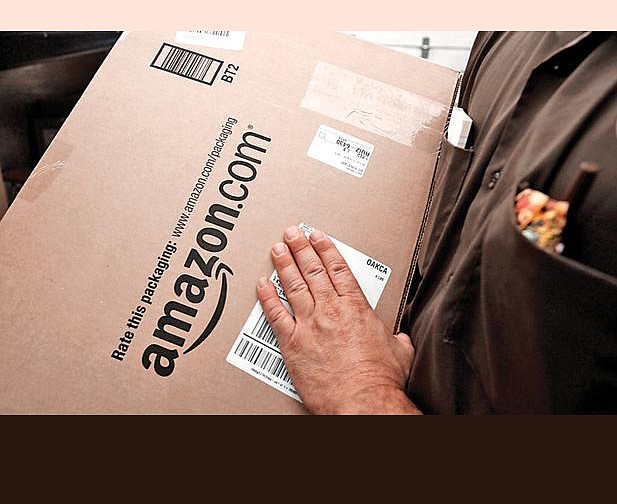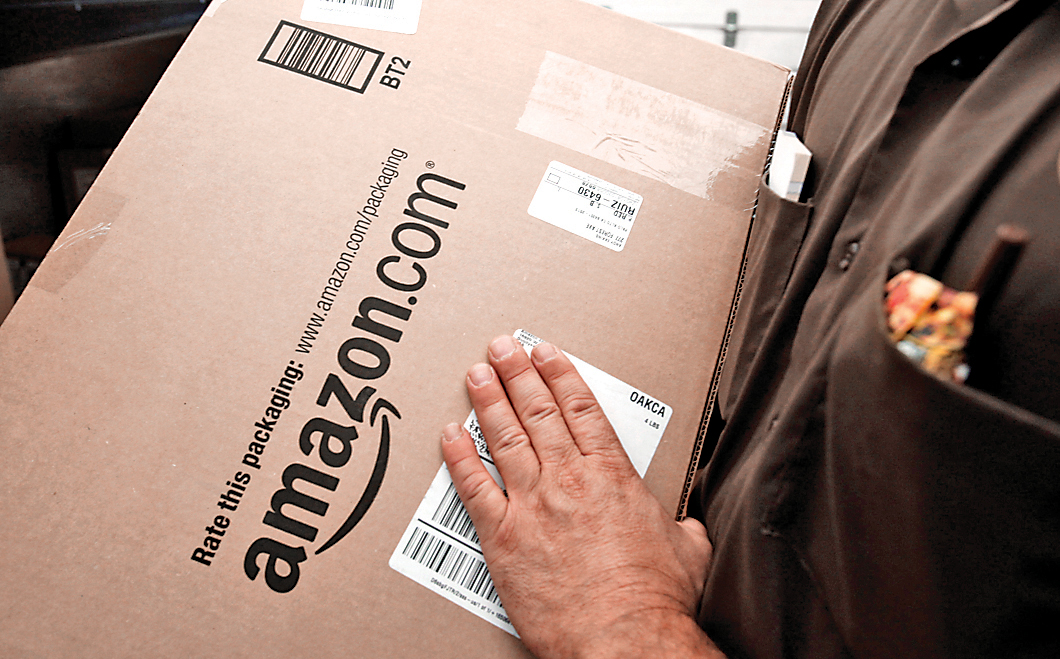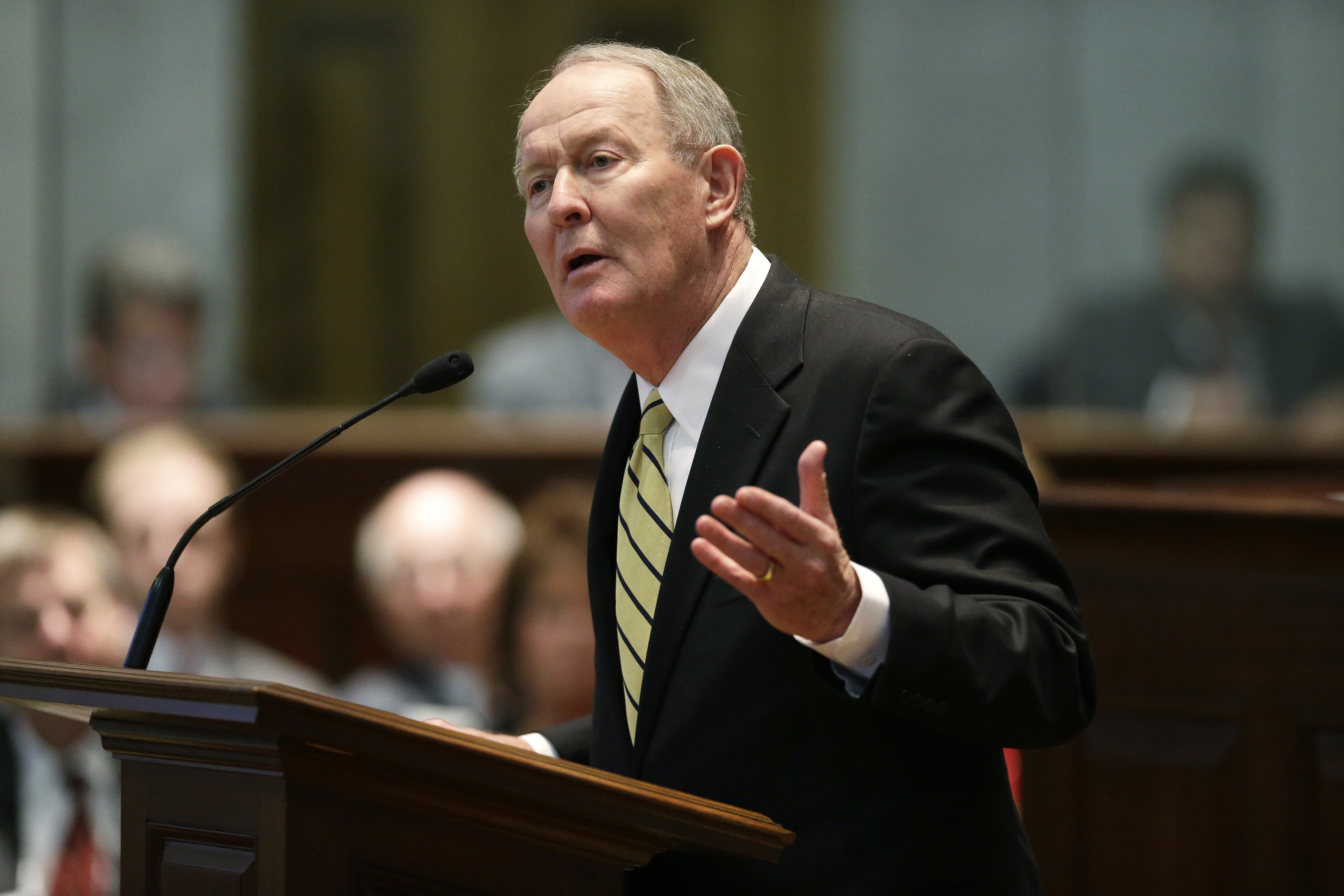VIDEO
This story is featured in today's TimesFreePress newscast.
WASHINGTON - Senators on Tuesday sought to humanize a bill that would let states require sales tax collection on all online purchases.
To do so, they appeared with several small-business owners from Middle America who say it's a great idea. Meanwhile, eBay and other opponents continued attacking the Marketplace Fairness Act, which they say is anything but fair.
Despite a fresh fight, a mix of logistical readiness and political failure have experts predicting Senate passage by week's end. Supporters say such a step would help even the score between online retailing and brick-and-mortar stores, which are forced to collect sales tax at the cash register.
Current law already requires Internet shoppers to self-report their purchases, calculate in-state sales tax and pay up. Virtually no one does, though, and authorities don't enforce the law. The nation loses out on about $23 billion in revenue, including about $400 million in Tennessee.
At a Tuesday afternoon news conference on Capitol Hill, a Missouri pet store founder, a Pennsylvania music store owner and an Ohio audio specialist joined U.S. Sen. Lamar Alexander, R-Tenn., another Republican and two Democrats in saying the disparity hurts "Main Street" businesses.
The news conference came a day after the Senate voted 75-24 to begin debate on the bill, which would allow states to compel online vendors to calculate and collect sales taxes for the buyers' state and local governments.
Opponents predict a bureaucratic mess, while backers say available software makes everything simple enough.
"It's as easy as looking up the weather in your hometown," Alexander said.
Iterations of the Marketplace Fairness Act have been circulating for more than a decade, but it found new life this week after the Senate failed to pass any gun control measures. Eager to accomplish something before a brief recess, floor leaders latched on to the bill because of bipartisan consensus, aides said.
"It's not an issue of big business versus small business," said Peter Sides, owner of the Robert M. Sides Family Music Center in Williamsport, Pa. "It's an issue of being able to compete."
The bill has placed Alexander in an interesting position for a self-proclaimed "conservative former governor." Usually one to call for smaller government, he is spearheading what could amount to a new nationwide sales tax collection.
On Tuesday he couched his support in a belief that governors and state legislatures should be able to decide for themselves "sovereign responsibilities of states, such as what our tax structure should be."
"I don't like it when Washington experts want to force governors to play 'Mother, May I' to the United States Congress about whether they can collect taxes from everybody who owes taxes," he said.
The bill offers an exemption for retailers that do not collect more than $1 million in annual revenue. But eBay is pushing for a $10 million exemption that would shield virtually all of its sellers, according to The New York Times.
"I hope you agree that imposing unnecessary tax burdens on small online businesses is a bad idea," eBay President and CEO John Donahoe said in a letter to customers. "Join us in letting your members of Congress know they should protect small online businesses, not potentially put them out of business."
U.S. Sen. Heidi Heitkamp, D-N.D., said widespread support for the legislation proves that dysfunctionality doesn't tell Washington's whole story.
"This is real," she said.


